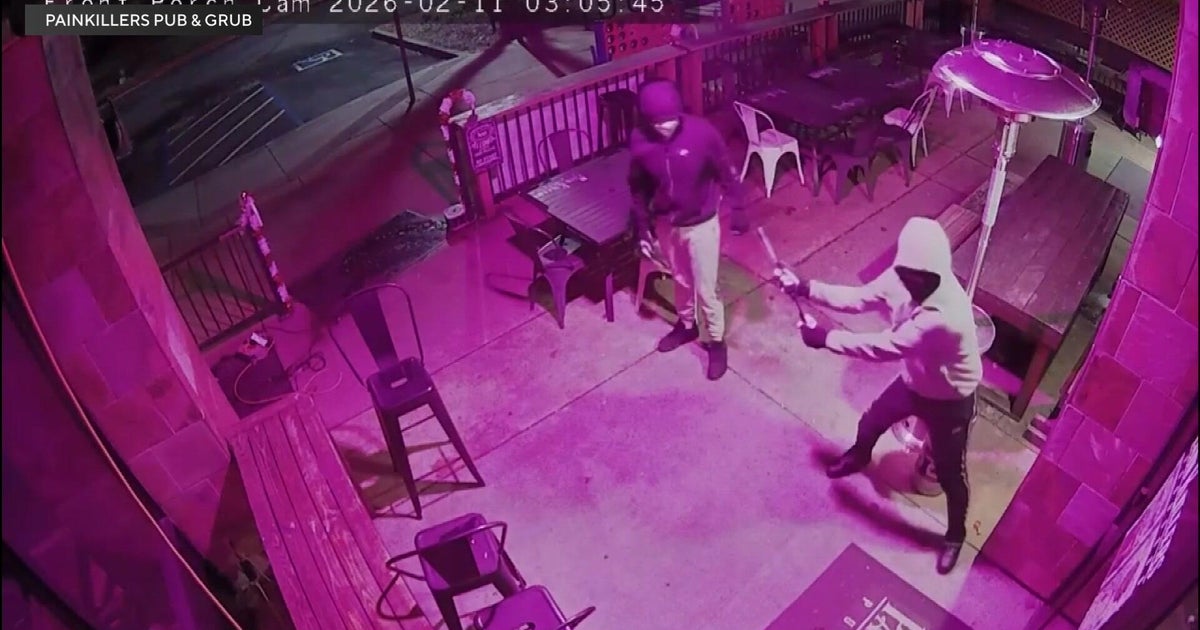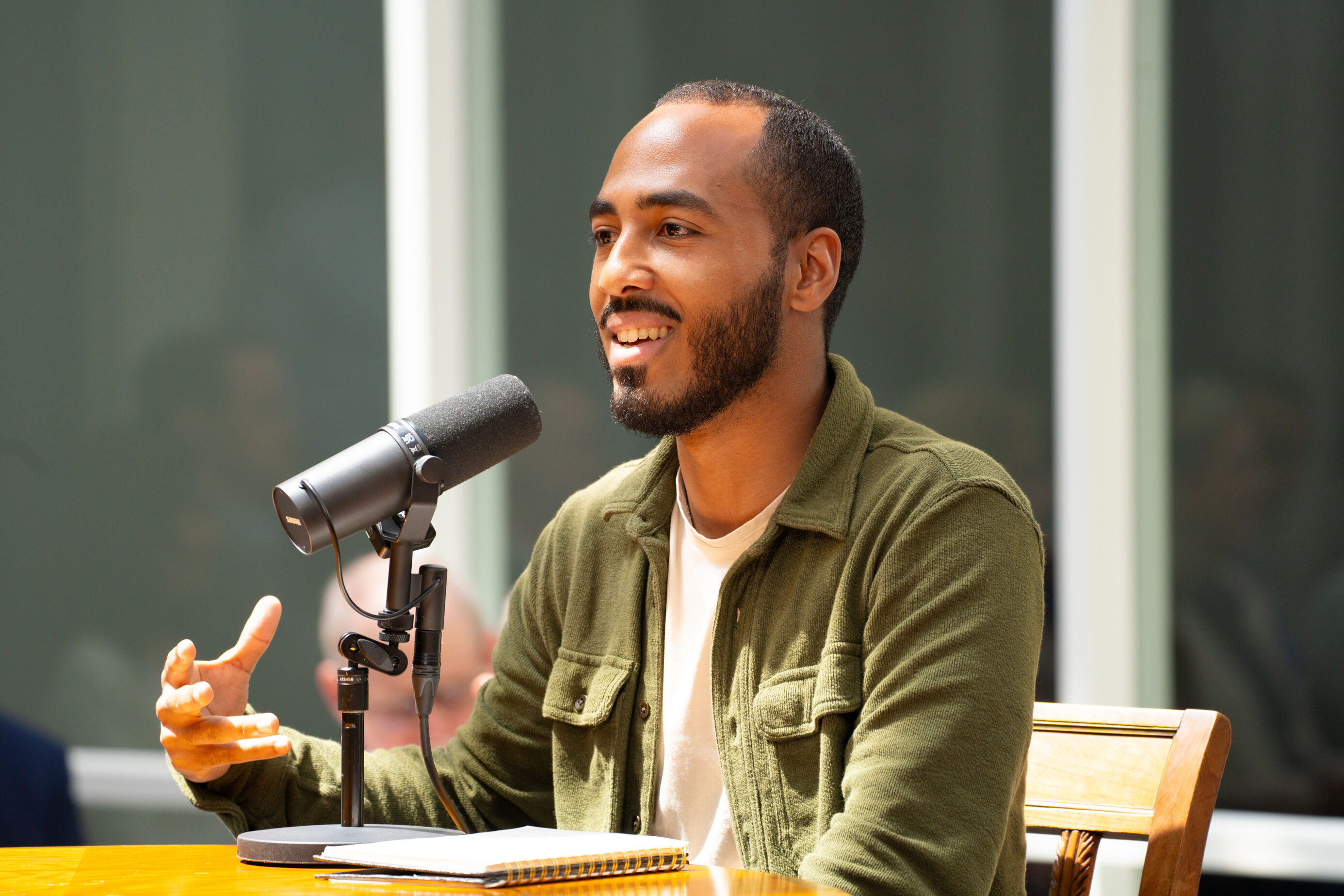Juneteenth emerges as company holiday as Nike, Citigroup and others commemorate black history
A growing number of U.S. companies, ranging from Nike and Citigroup to Twitter and Uber, are giving their employees June 19 as a paid day off to recognize the liberation of slaves after the Civil War.
Adobe, Lyft, the NFL, Postmates, Quicken Loans, Spotify, Target and Tumblr are some of the other notable organizations that have announced they would observe "Juneteenth" — shorthand for June 19th, the day 155 years ago that African Americans in Texas learned they were free from slavery. Major banks — including JPMorgan Chase, Capital One, PNC and Fifth Third — will also close early to observe the day.
The effort to recognize Juneteenth comes after the May 25 death of George Floyd while in custody by Minneapolis police and the massive social uprising that has followed calling for a commitment to racial justice.
Twitter CEO Jack Dorsey said Juneteenth will be "a day for celebration, education and connection" at the company. Dorsey's other company, mobile payment provider Square, also will make Juneteenth a paid company holiday, he said. Nike CEO John Donahoe said recognizing Juneteenth is an "important opportunity to better commemorate and celebrate Black history and culture."
"Juneteenth not only marks the end of slavery in the United States, but it also symbolizes freedom — a freedom that delayed, and brutally resisted; and though decades of progress followed, a freedom for which we continue to fight," NFL Commissioner Roger Goodell told teams when announcing the holiday.
Media companies are also observing the day, including the New York Times, Vox Media, Tegna and The 19th, a Texas-based non-profit newsroom. Google stopped short of giving employees a paid day off but told workers not to schedule unnecessary meetings.
More companies should recognize Juneteenth because it's the morally and financially right thing to do, said black history experts who note that 47 states already mark the day as a paid holiday for government workers.
"Observing Juneteenth is an acknowledgement of the stain of slavery and a celebration of Black American freedom," Kevin L. James, dean of North Carolina A&T State University's business college, told CBS MoneyWatch. "Companies that do so will see perception gains among black workers and consumers."
Although companies may publicly bemoan individual tragedies and pledge support for racial justice, African-American consumers are looking for more than high-minded statements — they want actual actions, he said.
"Companies observing Juneteenth is a step in that direction," James said. "It will be inadequate alone, but it does say that a company is willing to take a step that aligns with the sentiments of Black America."
What is Juneteenth?
June 19, 1865, was the day U.S. Army Major General Gordon Granger traveled to Galveston, Texas, to announce the Civil War was over and that slavery had ended. That day, many African-Americans were unaware that Congress had passed the 13th Amendment, which abolished slavery, six months earlier. Abraham Lincoln had formally ended slavery in 1863 in issuing the Emancipation Proclamation.
More than a century later, state governments began commemorating Juneteenth as a holiday. Texas was first to do so in 1980. Most states now observe Juneteenth, with the exception of Hawaii, North Dakota and South Dakota.
Many African-Americans celebrate Juneteenth with family celebrations. In most cases, extended families gather to eat hamburgers and hot dogs, much like celebrations for the Fourth of July.
For employers, there's a risk that Juneteenth could become like many official holidays — a day off from work that is severed from its deeper meaning, said Learotha Williams Jr., an African American and public history professor at Tennessee State University. But companies can move beyond that if corporate leaders use the day to learn about, for instance, how their organization or industry benefited from slavery.
"These Fortune 500 companies might not be aware of it, or, if they are, they might not want to talk about it," Williams said.
How is Juneteenth 2020 different?
This year's Juneteenth comes against a backdrop of African Americans suffering from COVID-19 deaths, massive unemployment from the coronavirus recession and business closures at a higher rate than whites. Black communities, as well as millions of protesters around the U.S., are also demanding criminal justice reform following the deaths of George Floyd, Rayshard Brooks and Breonna Taylor at the hands of police as well as the murder of Ahmaud Arbery.
Major consumer brands including Adidas, Apple and Nike have thrown their support behind these efforts.
"When we say that Black Lives Matter, it applies to the world outside of Nike and, importantly, it applies to our Black teammates within Nike," Donahoe said in a memo to employees. "Simply put, we need to hold ourselves to a high standard given the heritage of our company and our brand."



